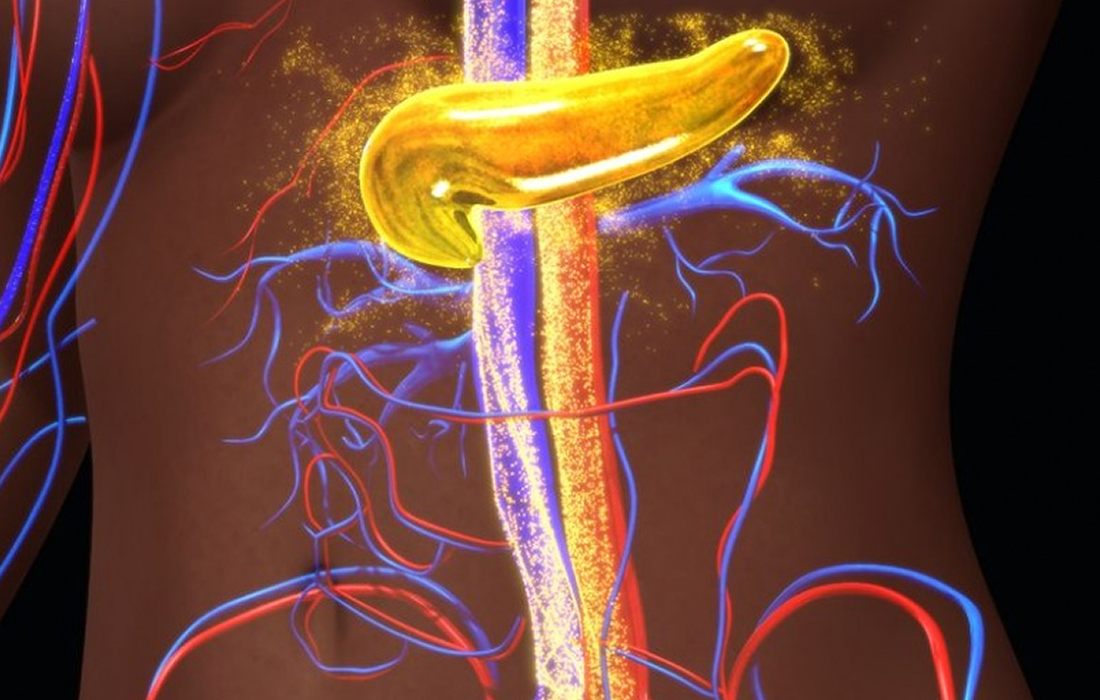Regenerative Medicine News and General Information
Pancreatic Fat May Preserve the Organ’s Ability to Make Insulin
The body’s glucose levels are regulated by different hormones produced by the pancreas. The main one, insulin is produced to regulate the amount of sugar circulating in the blood.
In diabetes, this mechanism starts failing either when the pancreas fails to produce enough insulin or when the body’s tissues become resistant to the hormone’s effects. According to researchers, high blood sugar not only causes damage to different organs like the kidneys, eyes, and extremities but can also damage the pancreatic beta cells.
New Study Results
A new study published in the journal Diabetologia, led by researchers at the University of Geneva Medical Centre in Switzerland, suggests that fat stores in the pancreas may help maintain insulin secretion and slow the onset of diabetes, which may provide a possible explanation for the benefits of exercise and intermittent fasting as strategies to prevent and treat type 2 diabetes.
The study indicates that a cycle of fat storage in pancreas cells after mealtimes, followed by the breakdown of fat in the hours before the next meal, may help maintain insulin production.
The researchers used human and rat beta cells, and exposed them to periods of excess sugar, with or without high-fat levels, which over time caused the cells exposed to high sugar concentrations to have a reduced ability to secrete insulin.
According to the research, an abundant supply of fat appeared to protect the beta cells’ insulin secretion against the effects of high sugar.
They also observed that periods of high fat and sugar availability, alternating with low availability, activate genes in pancreatic cells that promote a cycle of fat storage and mobilization.
The benefits of this cycle became apparent during periods when the cells no longer had ample energy supplies, and these fasting-like conditions induced fat mobilization that supported insulin secretion.
“In other words, the whole cycle of fat storage (overnutrition) followed by fat mobilization (fasting) is required for the mechanism uncovered in our study,” said Pierre Maechler, who led the study in an interview with Medical News Today.
He said a fast of just 4–6 hours would be sufficient to allow beta cells to reset and recover their insulin-secreting capacity between meals.
“Practically, avoid snacking!” he advised.
Sources:
James Kingsland (2022, Jan 17). Could fat in the pancreas protect against diabetes? Medical News Today. Retrieved from:
https://www.medicalnewstoday.com/articles/could-fat-in-the-pancreas-protect-against-diabetes
Image from:

